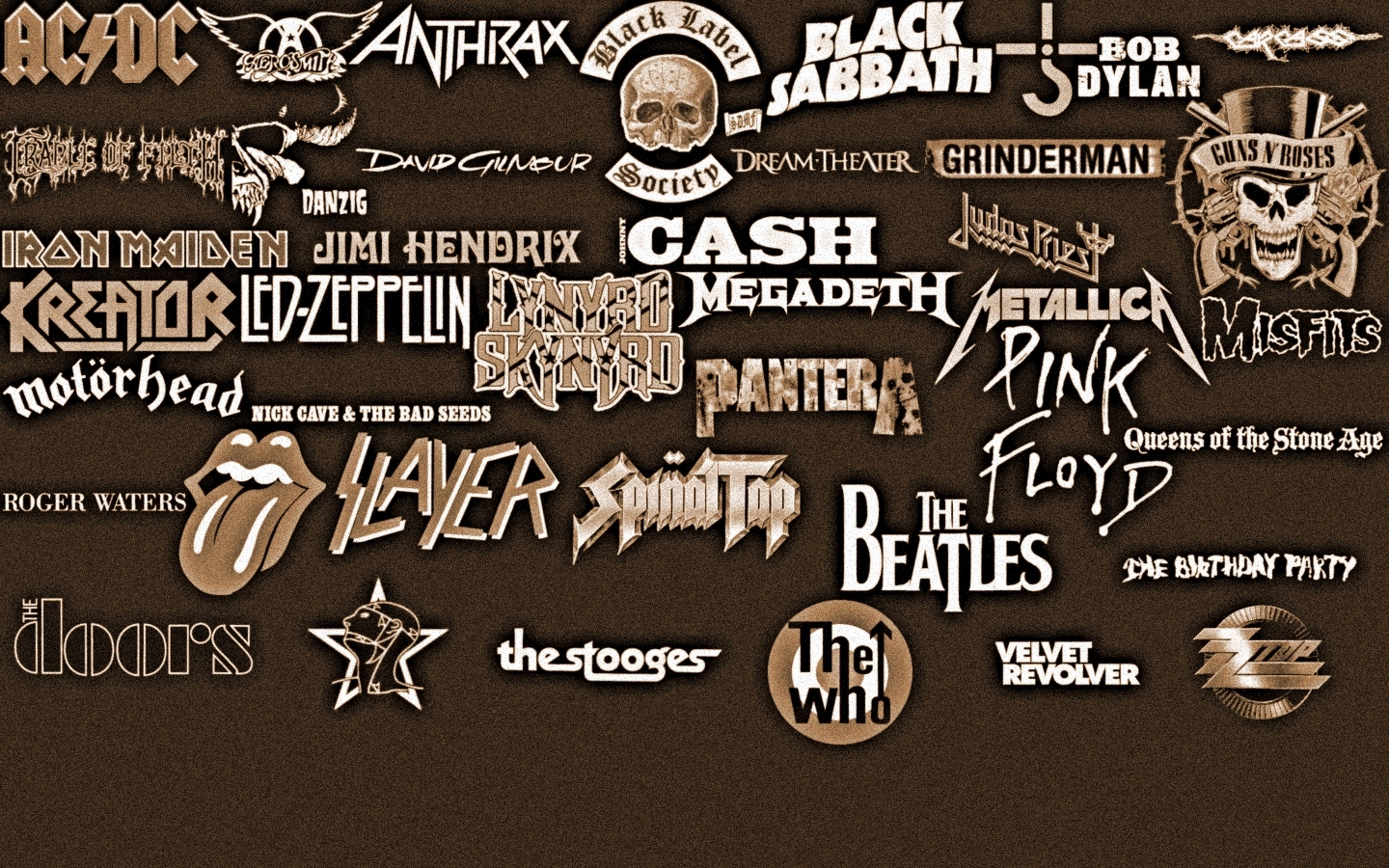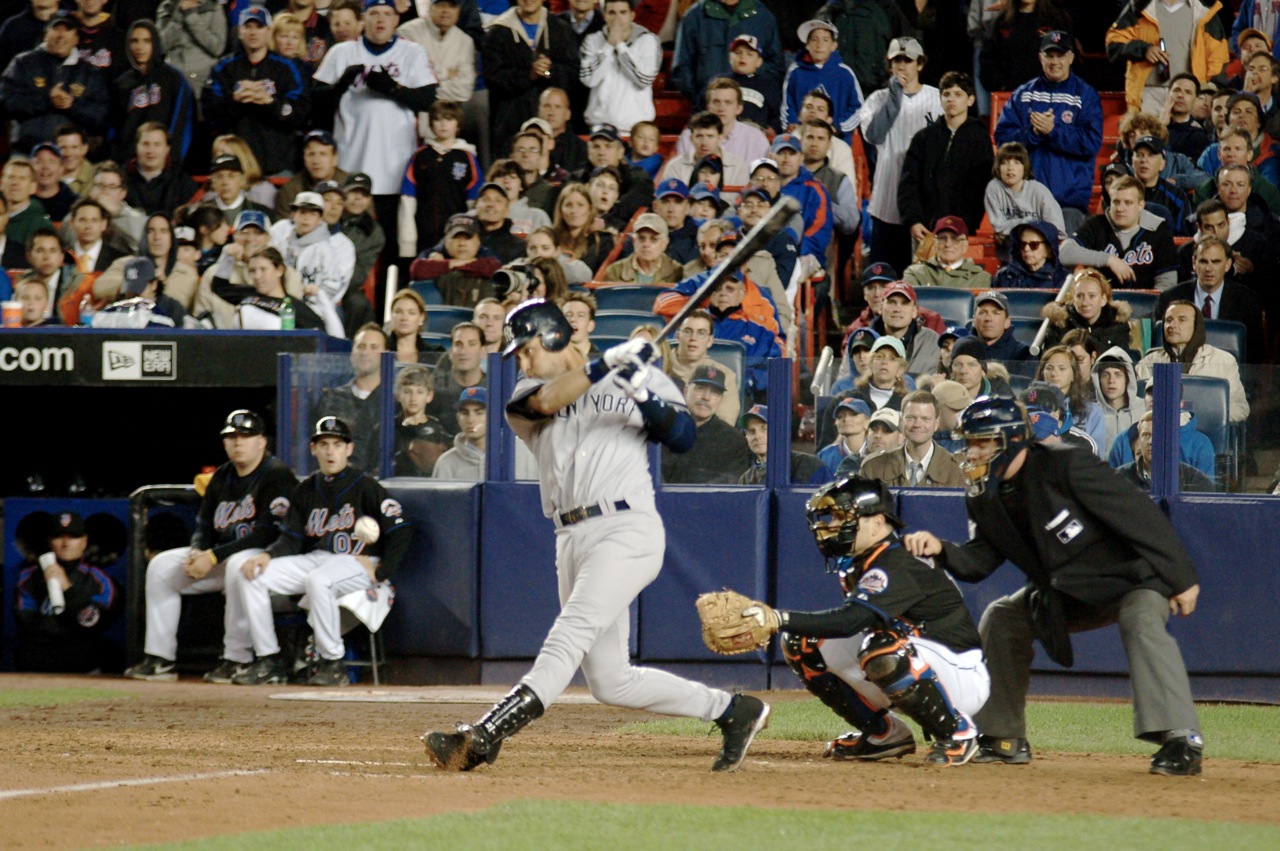WEST LONG BRANCH, N.J. – Could the institution of the Rock ‘n’ Roll Hall of Fame be powered by lust for politics? Or, is the operation truly an altruistic process of honoring and recognizing artists at the forefront and behind the scenes of the music industry?
Let’s first consider the roots of Rock ‘n’ Roll music. It came into the public consciousness in the 1950’s with the fusion of rhythm and blues, country and gospel music. From there, music evolved to a more pop and edgier flavor with Doo Wop, Rockabilly and early Soul. Some of the artists during this era who popularized the mass music craze (nationally and worldwide) were Elvis Presley, Little Richard, Fats Domino, Jerry Lee Lewis, Johnny Cash, Ray Charles and many more.
Rock ‘n’ Roll holds much more substance than the glitz of what is on the surface. Rock music has shaped and affected the lives of the young, old and everyone in between. Hope, inspiration, and passion are just some of the factors that engage people into this infectious, musical world.
This history of beloved musicians has played a significant role in the lives of Americans and those in other areas of the world. There is a universal function of bringing the community together with particular singers, artists, and musicians of the Rock ‘n’ Roll genre. There is no denying the impact that is attached to the strength, liberation, love and freedom of expression that music can bring. This is witnessed in concerts, festivals to unite or raise awareness to benefit a cause, protests of various issues (such as war or other political strife) and other such scenarios.
The official name of the organization that inducts and recognizes these iconic individuals or groups of the music industry is the Rock ‘n’ Roll Hall of Fame Foundation. As an extension to the Foundation there is the Rock ‘n’ Roll Hall of Fame and Museum, Inc., which is a nonprofit agency “exist(ing) to educate visitors, fans and scholars from around the world about the history and continuing significance of rock and roll music.” On a whole, the company’s mission aims to “collect, preserve and interpret the impact rock has made on our world,” according to the Hall of Fame’s website.
Music officials seeking to uphold the standards of rock created this foundation in 1983, setting parameters for which individuals, groups, artists, etc. are be eligible to be inducted into the Hall of Fame, which is a yearly ceremony. One of those guidelines, for singers and music groups is that 25 years would have passed since the release of their first record. Hence, Nirvana, was inducted this year as their record release fit that timeline.
Induction driven by corporate marketing ideals?
The nomination and induction process does appear to operate in a vacuum. Yes, those making the ballot decisions are an elite group of rock ‘n’ roll historians and a committee, but maybe it’s time to reassess this entire operation?
For example, one of this year’s inductees is Peter Gabriel, whose prominence and success on a worldwide scale began over thirty years ago and grew stronger, ever since. Some may wonder why he wasn’t inducted sooner.
In an article from kpopstarz.com, Daryl Hall, of Hall and Oates, questions the intentions of the Rock ‘n’ Roll Hall of Fame’s agenda and induction process, remarking, “I don’t know. It’s all political isn’t it? It’s run by people who have their own agendas. I wasn’t part of their agendas and now I’m a part of their agenda,” – this comment was in reference to the long overdue induction granted to the duo, this year.

If the Rock ‘n’ Roll of Fame Foundation hopes to be a mainstay and regarded as relevant to the public, perhaps it should address its induction criteria. Why do some performers have to wait an undue time to be credited, while a band such as Nirvana, gets acknowledgement without hesitation?
Depeche Mode
Take for instance, one of the most successful electro-pop, synth-rock bands out there: Depeche Mode. This group started out in the very early 1980’s in England, and still tours upon releasing their thirteenth album, “Delta Machine.”
According to gigwise.com, multiple notable acts, such as Arcade Fire, Muse, and Trent Reznor of Nine Inch Nails have referenced Depeche Mode as one of their biggest musical influences.
Depeche Mode has made a huge dent in the music industry with its unique, signature sound and impressive resume. Perhaps one day, this group will be on the radar of the Rock ‘n’ Roll Hall of Fame, to receive a well-deserved H.O.F. induction.
See some footage of Depeche Mode’s sold out concert at Barclays Center in Brooklyn on Sept. 6, 2013:




